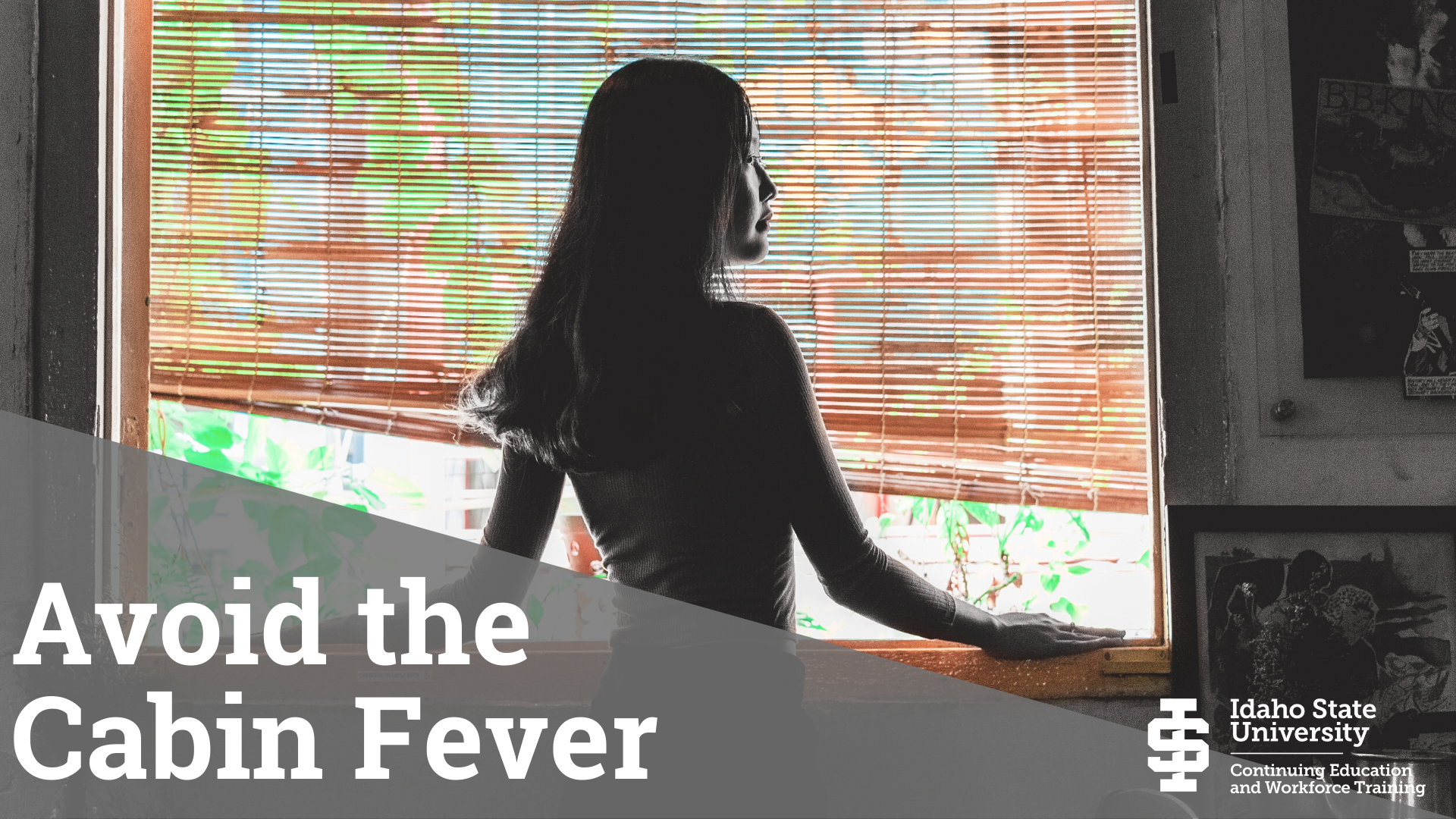
Cabin fever is no joke. Whether you’re conscious of it or not, staying cooped up inside can take a serious toll on your mental health. A sudden change in routine can also cause massive stress, and coupled with the uncertainty lingering in the air right now, the feeling of anguish can easily become overwhelming. During these times, focusing your energy into something productive can help curb these feelings of unease.
Here are five things you can do to help prevent going stir crazy:
1. Do something creative
Have you been wanting to paint a landscape or draw a portrait, start that novel you’ve been meaning to write, or pick up that instrument again? Right now might be the perfect time, because doing something creative is known to help reduce stress.
In a 2016 study, researchers provided around forty people with art supplies and told them to create anything they wanted over a period of 45 minutes. No matter the artistic experience of the participants, about 75 percent of people experienced a decrease in their levels of cortisol, a hormone that the body produces in response to stress.
However you decide to let your creativity run wild, remember to have fun with it! Did you know that it is speculated that Shakespeare wrote King Lear while in quarantine?
2. Stay active
Going to the gym is inadvisable right now, but there are many simple ways to remain active while stuck at home. You can still enjoy the outdoors (at a reasonable distance) when the weather permits a long walk or a bike ride. And there is no better treatment for cabin fever than some time outside! If you want something more high intensity, if you have any at-home gym equipment, you probably already know the deal. If you don't have equipment, fret not: there are several videos online for workout regimes for you to follow.
Want something more low-key? Dancing is an excellent way to have fun and remain active while remaining indoors. There are also some excellent health benefits provided by busting a move, such as improvement of cognitive function and lessening of social anxiety. So go on, put on a dance playlist on Spotify and go wild! (Hopefully your new coworkers don’t mind much.)
3. Talk to people
This one sounds like a no-brainer, but while in solitude, it is very easy to neglect some of your social needs. With lack of face-to-face communication most of us are used to receiving in our regular schedule, remaining at home can start to feel isolating.
Be sure to check up on those you love, by call or by text or by however you get in contact with them. What if you are looking for new connections? One of Facebook’s more recent features, Groups, allows you to join communities with people who have the same interests or hobbies or passions as you. Take a look through some of the groups out there and make some new friends!
4. Watch/read/play/listen to something new
Everybody has a backlog of TV or movies they’ve been wanting to watch, books they’ve been meaning to read, or even games they’ve been longing to play. With more free time now than ever, it is the best time to start working through that list.
Not sure what you want to pick up? Follow number 3 and reach out to somebody you care about and ask for a suggestion. Or why not glance through Netflix for something that catches your eye? If you are more interested in picking up a good book, look through a list of books to read, such as famous Portland bookstore Powell’s Bookstore's 25 Books to Read Before You Die.
5. Practice good mental health hygiene
Staying inside all day can exacerbate mental health problems like depression and anxiety. Even the most well-rounded people are feeling the toll of life right now. Following good mental health practices can help you stay calm in these trying times.
Practicing mindfulness is one good way to help you stay grounded. What is mindfulness, exactly? According to Mindful.org, “Mindfulness is the ability to be fully present, aware of where we are and what we’re doing, and not overly reactive or overwhelmed by what’s going on around us.” You can achieve mindfulness through guided meditation and breathing exercises, both of which have readily available guided exercises on YouTube or Spotify.
When taking care of your mental health, also be sure to take care of others'. Set a goal to do something every day to make somebody else’s day a little bit better. Pay it forward, if you can. Just remember to be kind. Things are stressful right now, but everybody is going through it. If people band together, they can come out of anything.

-1.png)
